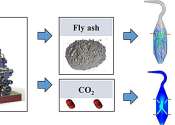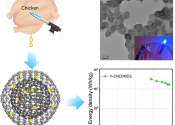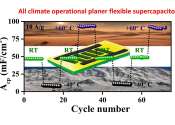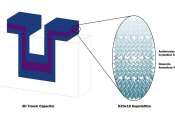We are betting the bank on hydrogen. But are we ready for it?
Green hydrogen holds many promises: it can serve as a "battery" for energy storage, it can be used in the chemical industry, and its only emission will be water vapor. But, unfortunately, green hydrogen is not yet widely ...
Jun 18, 2024
0
6









